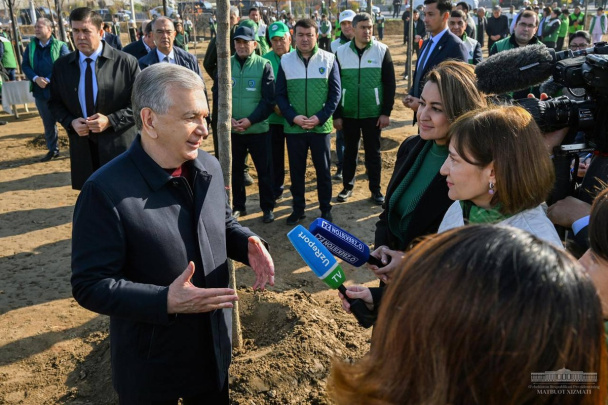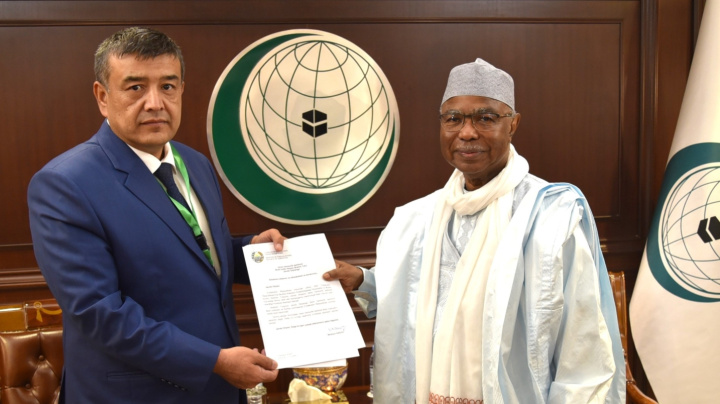The key focus of the budget plan is the phased elimination of customs privileges and the alignment of tax policies with the requirements of the World Trade Organization (WTO). This strategic approach aims to enhance the country's fiscal stability and compliance with international standards.
According to the projections, Uzbekistan expects a 6% growth in gross domestic product (GDP) for 2025. This anticipated increase will be supported by a 6.1% rise in industrial production, a 4.1% boost in agricultural output, and a substantial 14.5% growth in market services. These figures are indicative of ongoing structural reforms across various sectors aimed at fostering sustainable economic development.
The medium-term tax and budget policy will focus on several key areas, including:
• Ensuring that the consolidated budget deficit does not exceed 3% of GDP from 2025 to 2027.
• Maintaining current main tax rates without alterations during this period.
• Expanding the budget revenue base and reviewing tax and customs privileges based on their effectiveness, leading to a gradual phase-out of these privileges.
• Gradually aligning tax and budget policies with WTO standards.
• Implementing measures to prevent public debt from exceeding 60% of GDP, with a target of not surpassing 50% in the medium term.
In light of these objectives, the proposed State Budget for 2025 sets revenue at 308.5 trillion UZS and expenditure at 344.6 trillion UZS.
The law is set to take effect on January 1, 2025.





